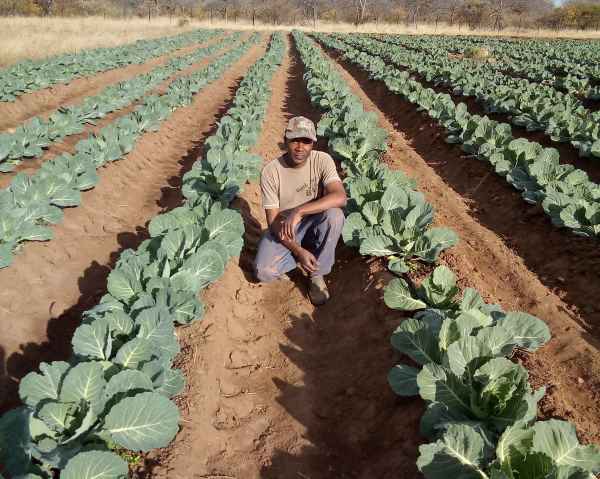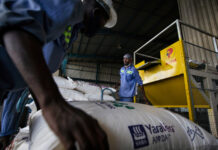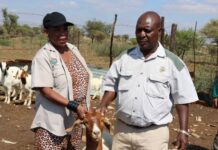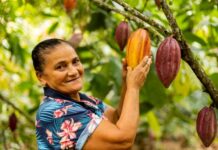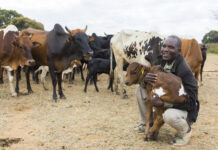By: Levi Letsoko
Growing up in an agricultural setting along with years of service accumulated in a corporate finance environment are two of the biggest contributors that influenced Tshepo Kgopa’s transition from a subsistent to a smallholder farming business, according to the P and T Agricultural Projects (trading as TK and Family Livestock) founder .
After building a career in the accounting profession at an insurance powerhouse as a project accountant, Kgopa garnered enough courage and expertise to take a gamble and choose between where he felt he belonged (finance world) and his calling, which is farming.
“Agriculture is my culture. I grew up in a village where farming was a way of life. My grandparents had cattle and worked the field. I can proudly say that agriculture paid for my education.”
Working the land
Through the lessons he absorbed from his grandparents, who had no alternative but to work the land to provide for the entire family, Kgopa started his own method of running the family farm. He hopes to one day turn it into a comprehensive commercial business with a stronger footing in the food-supply value chain.
“I vowed to myself that I was not going to be a subsistence farmer like my grandparents. I am currently a smallholder farmer, my goal is to be a commercial farmer, and I’m well on my way to fulfilling that dream,” says Kgopa.
Breaking the barriers
Despite the drive, the ambition and the strategy to revolutionise farming and the agricultural supply value chain as a whole, black emerging farmers are still faced with the challenge of access to sufficient land. While most farmers manage to partially overcome this challenge, they also hampered by the lack of funding.
“You may have the land but not the capital which is also very important for you to set up infrastructure,” he says.
Kgopa believes one way of addressing the land issue is through constant collaboration and interaction with the various stakeholders (village representatives and local chiefs), who can be instrumental in removing the barriers of participation for aspirant and active farmers.
“We should not rely too much on the government. Yes, the government should ensure that the agricultural land is equally redistributed to all who work the land, black or white. The government is indeed trying to assist black emerging farmers, but it (transformation) needs to happen at an accelerated pace.”
From a subsistent to a smallholder farmer
Located in Bochum, Limpopo, P and T Agricultural Projects (TK and Family Livestock) has done tremendously well under the leadership of Kgopa.
He has managed to build the business to employ five permanent staff, while indirectly creating work opportunities for more people. Kgopa’s key focus is producing affordable and great quality produce that his customers can rely on.
Within the 5 years of operation, he has managed to position himself as the runner up at the Young Aspirant Farmer awards in his region while pursuing other milestones including the shift from subsistence farming to a smallholder farming business and being one of the most recognised commercial farmers.
Navigating COVID-19
COVID-19 has impacted a whole range of commercial sectors including agriculture, from the hands working the land to the key players who are in charge of the food supply value chain.
The lockdown limited sales in local food stores and this meant that the farmers had to find alternative ways of getting their harvests into the market.
“We started selling our produce directly to the public by driving from village to village with our bakkie. And this has proven that we don’t have to exclusively supply the supermarkets to make it,” enthuses Kgopa.
“We have witnessed the benefits of supplying the consumer directly, thanks to the pandemic. And this way of doing business is usually undermined in our sector,” he concludes.



